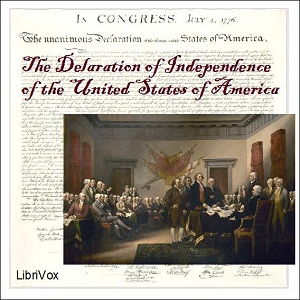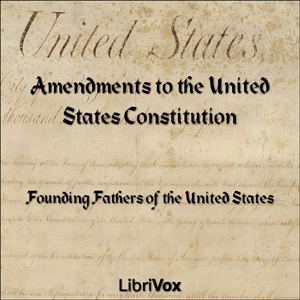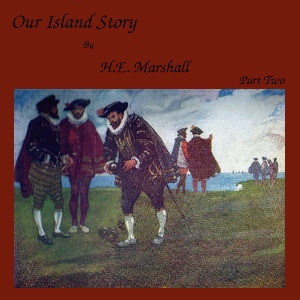Astoria; Or, Anecdotes of an Enterprise Beyond the Rocky Mountains
(0 User reviews)
136
1836
English
- Author's Introduction
- Chapter 1
- Chapter 2
- Chapter 3
- Chapter 4
- Chapter 5
- Chapter 6
- Chapter 7
- Chapter 8
- Chapter 9
- Chapter 10
- Chapter 11
- Chapter 12
- Chapter 13
- Chapter 14
- Chapter 15
- Chapter 16
- Chapter 17
- Chapter 18
- Chapter 19
- Chapter 20
- Chapter 21
- Chapter 22
- Chapter 23
- Chapter 24
- Chapter 25
- Chapter 26
- Chapter 27
- Chapter 28
- Chapter 29
- Chapter 30
- Chapter 31
- Chapter 32
- Chapter 33
- Chapter 34
- Chapter 35
- Chapter 36
- Chapter 37
- Chapter 38
- Chapter 39
- Chapter 40
- Chapter 41
- Chapter 42
- Chapter 43
- Chapter 44
- Chapter 45
- Chapter 46
- Chapter 47
- Chapter 48
- Chapter 49
- Chapter 50
- Chapter 51
- Chapter 52
- Chapter 53
- Chapter 54
- Chapter 55
- Chapter 56
- Chapter 57
- Chapter 58
- Chapter 59
- Chapter 60
- Chapter 61
- Appendix
"Astoria" describes the many perilous adventures, discoveries, and disasters experienced by the brave Americans who joined the 1810-1813 Astor Expedition to Oregon. The wealthy New York fur magnate John Jacob Astor masterminded an extensive enterprise with the hope of setting up a fur trading center and outpost of American colonization at the mouth of the Columbia River. Journeying by land and by sea, the intrepid travelers endured incredible hardships, utter exhaustion, and near starvation. Especially interesting and harrowing were the odysseys of Wilson Price Hunt and Robert Stuart who crossed the continent in opposite directions. In spite of the difficulties described, the book was a catalyst that inspired a generation of pioneers to pursue their own way to the Northwest. Washington Irving, author of The Legend of Sleepy Hollow, and Rip Van Winkle, was a masterful writer who was especially good at conveying the vastness and dangers of the wilderness. But as the book was written at the behest of the tycoon Astor, it also includes much description of business dealings, discussion of good and bad management decisions, and even at times some rather fawning praise of Astor himself. Irving also includes some anthropology as he describes the encounters of the explorers and the members of various tribes, whom he synonymously calls Indians, aborigines, savages, or their tribal names. It is noteworthy that the member of the expedition who receives the most abundant and unreserved praise from Irving is an Indian woman who exhibits constant courage and virtue. - Summary by Carol Pelster
There are no reviews for this eBook.
There are no comments for this eBook.
You must log in to post a comment.
Log in











